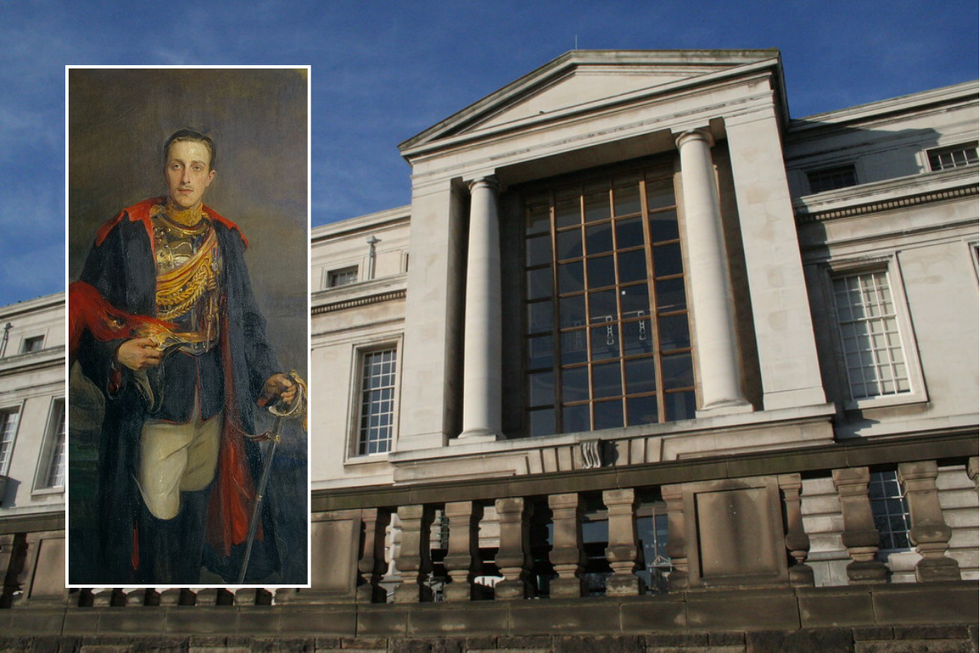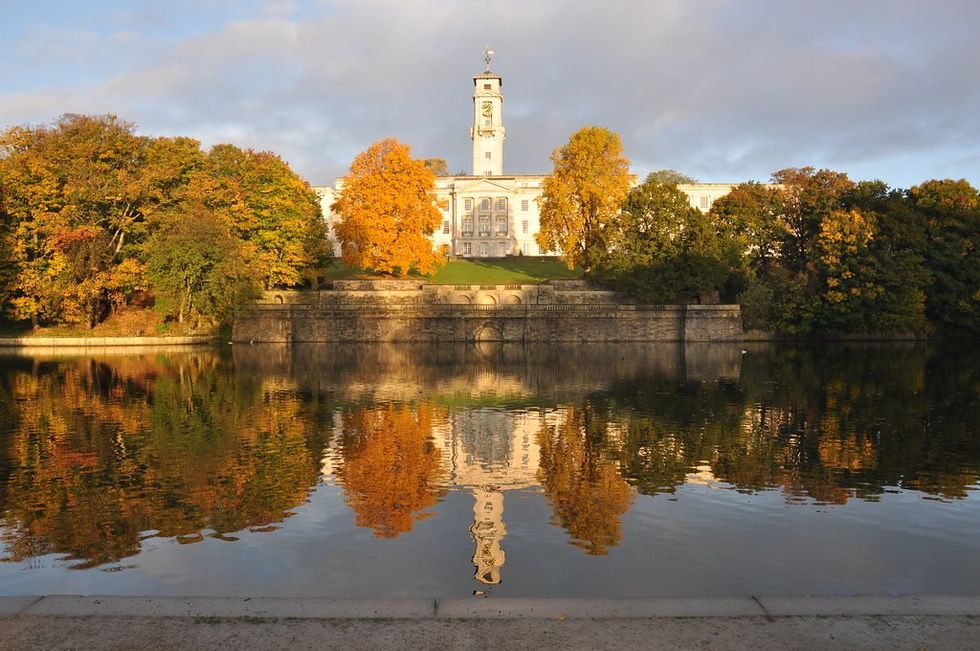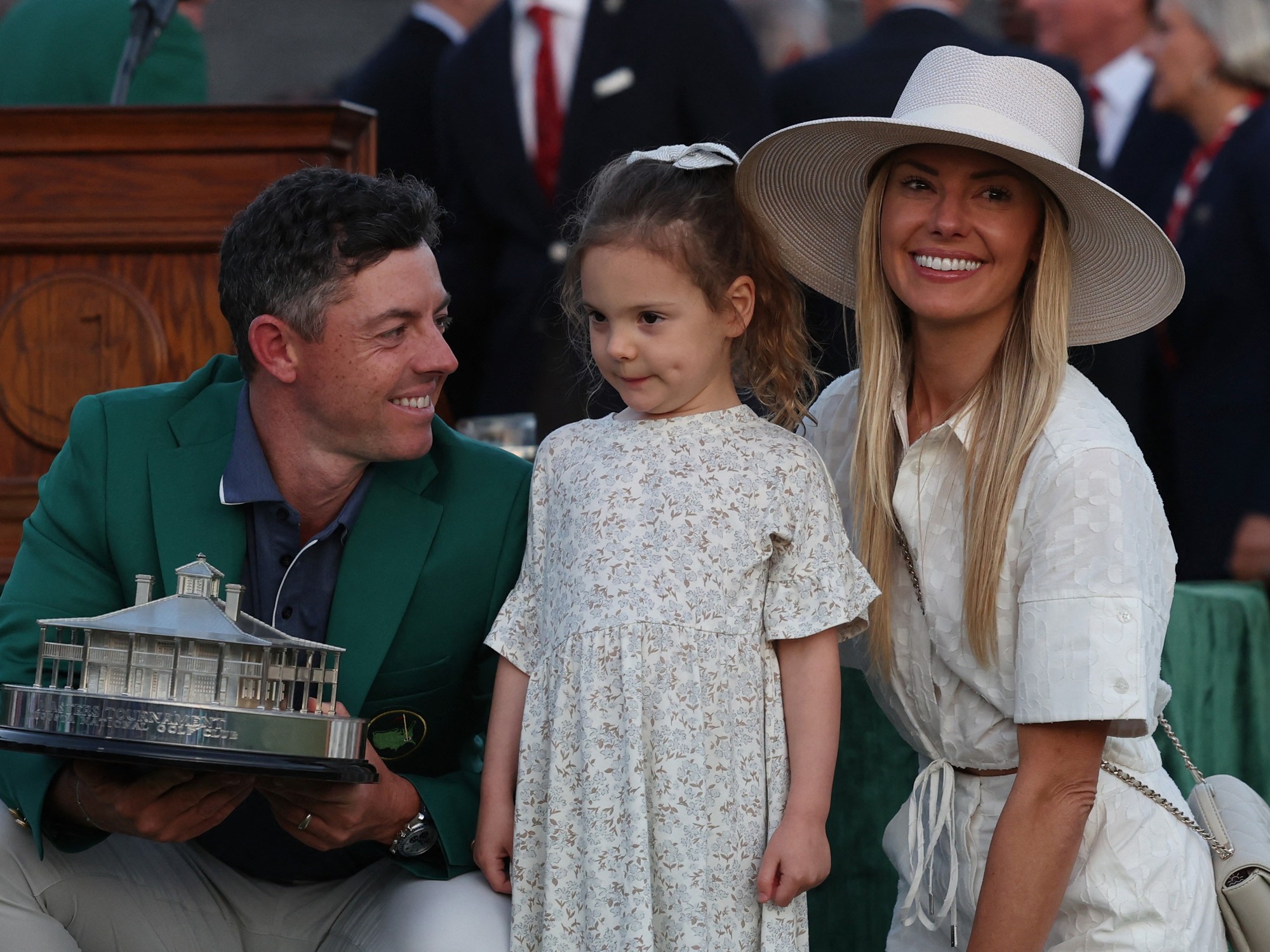'Never!' Nigel Farage says Starmer 'cannot show weakness' on slavery reparations'
GB News
A source close to the family said the University's approach 'risks sidelining the essential principles of truth and open dialogue'
Don't Miss
Most Read
Trending on GB News
Nottingham University has come under fire for linking one of its most distinguished benefactors to slavery, despite the institution being founded decades after the practice was abolished in Britain.
The university's report claims the 7th Duke of Portland benefited from the "social capital" of his slave-owning ancestor, who lived 300 years ago. The late duke, William Arthur Henry Cavendish-Bentinck, was born in 1893 - almost 60 years after slavery was abolished in Britain in 1834.
The aristocratic family has accused the university of "reverse-engineering" history in an attempt to establish slavery links.
The 7th Duke of Portland served in the First World War before becoming a Conservative MP. He later became Chancellor of the university, serving from 1954 to 1971. The Portland Building on campus, which houses the students' union and other departments, was named after him.

Tired of PC gone mad announcements? Our all-new 'Un-Woke' Satin Eye Mask will help you get some much-needed rest. This one-size-fits-all eye mask blocks out light for a restful sleep ...and its hilarious motif ensures you'll be talking sense when you wake-up. It's available in Red or Blue!
'Un-Woke' Satin Eye Mask
£11.99
His family had been patrons of Nottingham University since its founding in 1881. The Duke's connection to the institution was significant, with his ancestors helping to establish the university that would later become one of Britain's prominent educational institutions.
The university's report found that the first Duke of Portland, as governor of Jamaica in the 1720s, owned dozens of slaves.

The report said the 7th Duke of Portland benefitted from his slave-owning ancestor
WikICommons
According to the report, this position led to the "accumulation and transference of financial, social and reputational capital to the following generations".
The first Duke is estimated to have earned around £3.8million in today's money while Governor of Jamaica.
LATEST DEVELOPMENTS

Nottingham University has come under fire
WikiCommons
A source close to the family said they had tried to engage with the report's writers after receiving a draft in 2020, but accused the university of "excluding" viewpoints and "sidelining truth" adding that this approach "risks sidelining the essential principles of truth and open dialogue."
The family maintains there is no evidence of any wealth inheritance from slavery in their branch. In a statement, the family's Welbeck estate said: "Slavery was an abhorrent crime against humanity, and examining historical links is essential to understanding and addressing its enduring legacy."
The statement acknowledged that the first Duke of Portland owned enslaved people while serving as Governor of Jamaica.
However, they emphasised that they 7th Duke "was born 60 years after abolition and had no personal involvement in slavery".
The family said they understand the university's decision to rename the Portland Buildings in Nottingham and China, welcoming it as "a meaningful gesture reflecting the university community's evolving values."
Professor Katherine Linehan, pro vice-chancellor for people and culture at Nottingham University, described the report as the "first step in acknowledging these historical links."
She said it "will act as a catalyst to an open dialogue between the university and its black heritage community with respect to reparative justice."
The university's examination of donations from 1875 to 1960 revealed that up to 44 per cent of private donations were made by just eight patrons, all with historic links to the transatlantic slave trade.
A university spokeswoman said: "The work has taken place over several years and a number of revisions were made in response to feedback received during the consultation exercise. The publication of this report is the first step in acknowledging historical links and will act as a catalyst to an open dialogue with respect to reparative justice.
"No decisions have been made on immediate action and we will be working in collaboration with staff, students and the wider community to address the implications of the findings and discuss appropriate reparatory measures.
"We are at the start of conversations about reparatory measures, and we aren’t aware of any conversations on renaming buildings."








